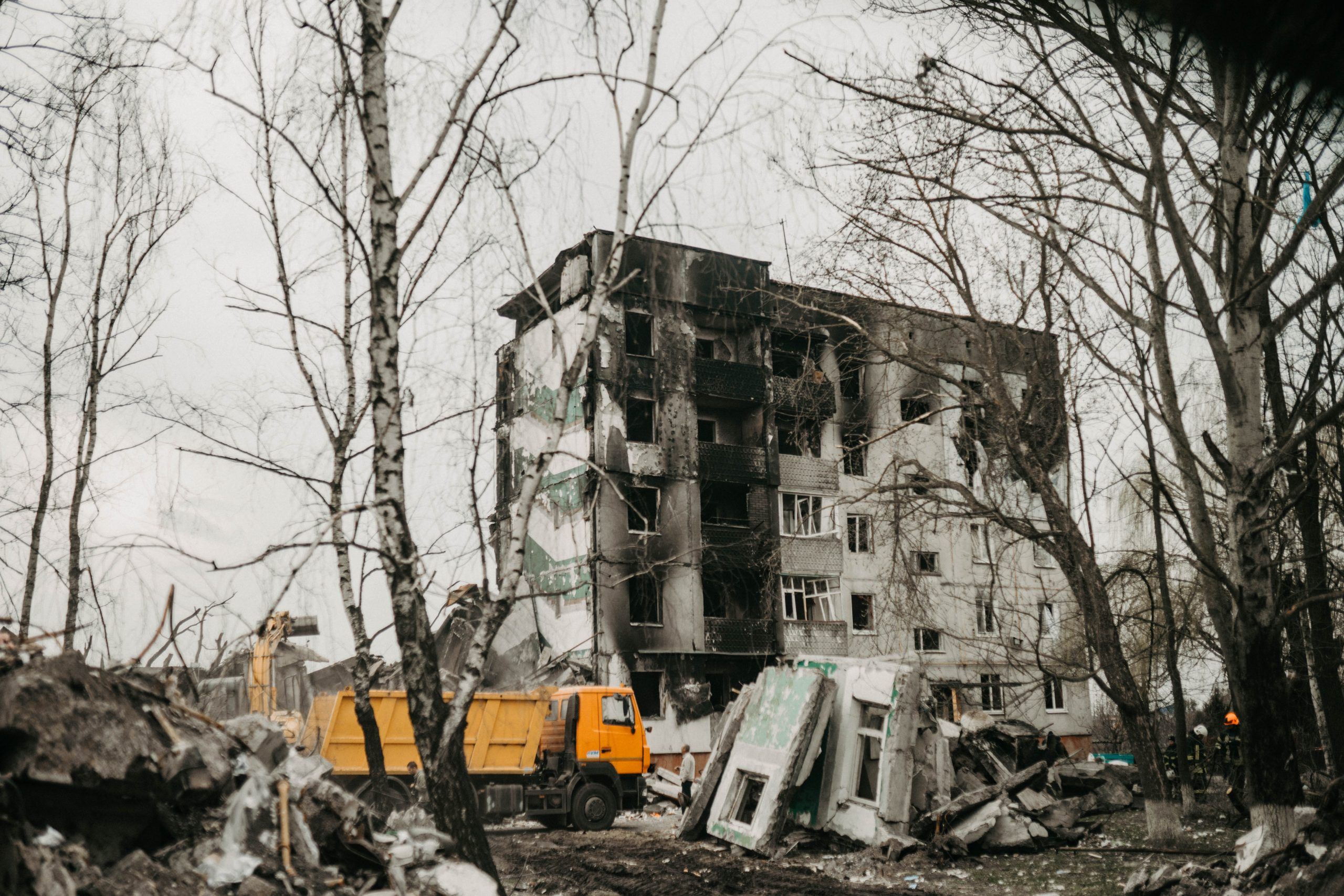Eurojust and the Office of the Prosecutor at the International Criminal Court (ICC) have today published practical guidelines for civil society organisations on documenting core international crimes, such as war crimes and crimes against humanity.
This will empower as well as support civil society organisations that seek to collect and preserve information to contribute to investigations and prosecutions at the national level or before the ICC. The guidelines aim to assist in fighting impunity and have been drawn up building on the expertise of the Office of the Prosecutor at the ICC, Eurojust, the Genocide Network, civil society organisations, national prosecutors and international partners.
This publication responds to requests from many different organisations asking for clearer guidance on effective documentation approaches that can be supportive to action before national and international courts. Importantly, these guidelines seek to protect the most vulnerable when engaging in documentation efforts. They emphasise in particular the importance of ensuring persons are not interviewed several times. This can not only affect their safety and well-being, but also compromise their willingness to contribute to accountability processes by sharing their testimonies. In line with this goal, the guidelines contain advice on key areas, including:
- approaching vulnerable persons,
- taking a person’s account, photographs and videos,
- dealing with documents, digital information and physical items,
- and storing, safeguarding and analysing collected information.

EU supports ICC investigation Russian war crimes in Ukraine
|
To assist their use in the field, the guidelines also contain a checklist setting out the core principles and practical steps that can be followed.
Building on extensive good practice tools developed by civil society organisations in the past, the guidelines are intended to be a living tool to be further developed as collective experience grows over time. Civil society organisations who wish to use these guidelines as part of their documentation practices are invited to share their further input and questions in order to develop a continual two-way dialogue that will ultimately strengthen our collective work.
Reflecting this intention, an online technical briefing for civil society organisations will be held on 6 October 2022, to be followed by a broader dissemination campaign in the coming months. The guidelines will also be used as a framework for discussion of dedicated sessions of the upcoming first session of ICC-OTP NGO Thematic Roundtable, addressing the issue of crimes against children.
Link to the “Guidelines for Civil Society Organisations on documentation of International Crimes and Human Rights Violations”.
More information: Press release – Eurojust







Leave a Reply